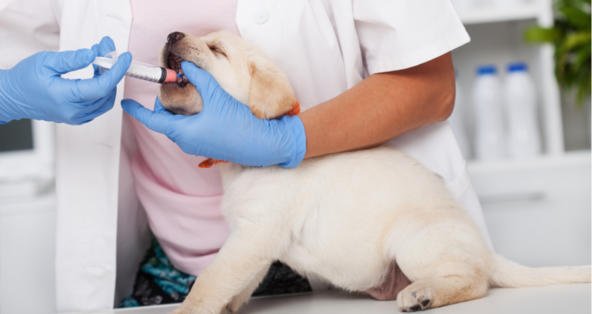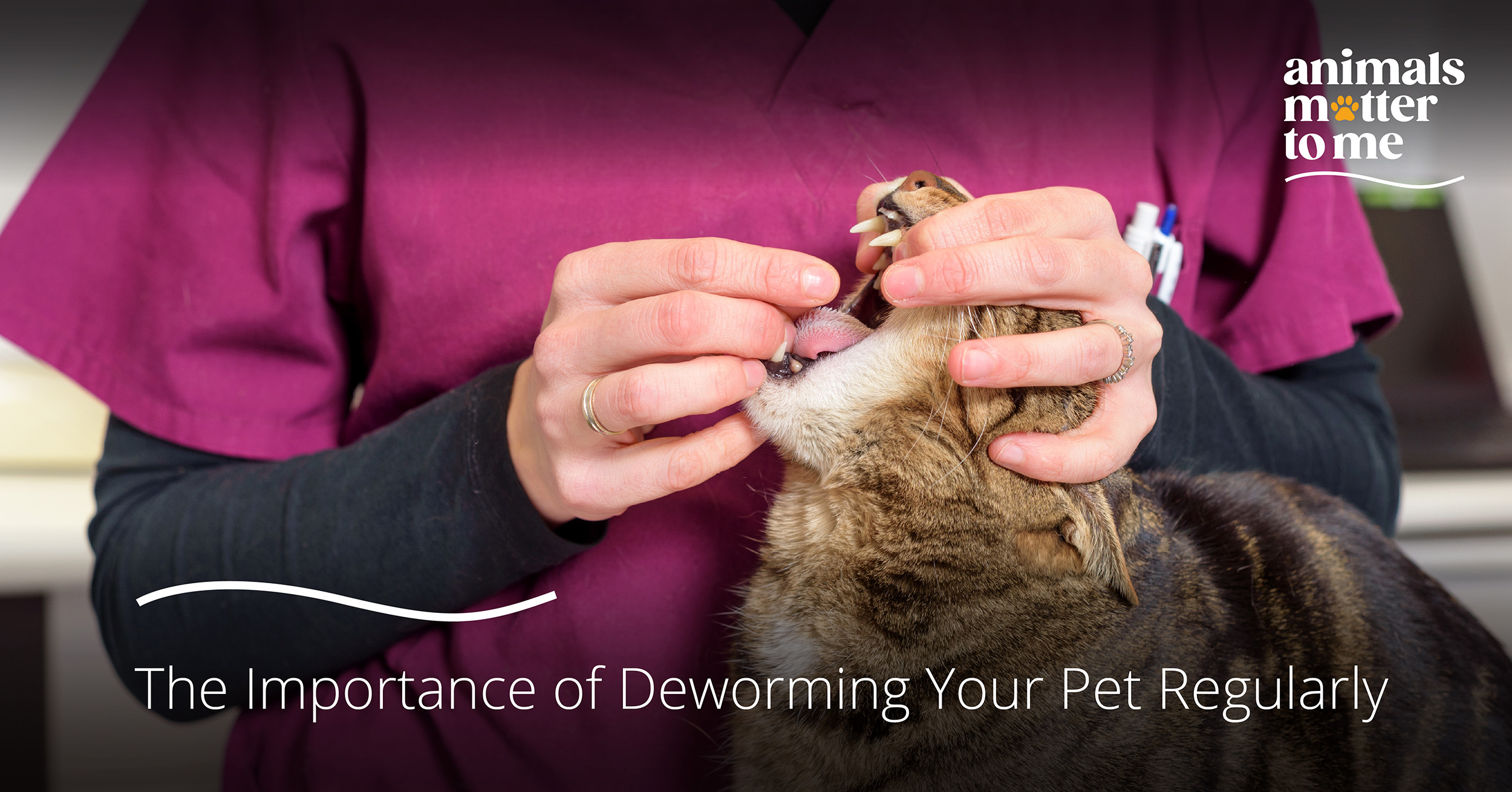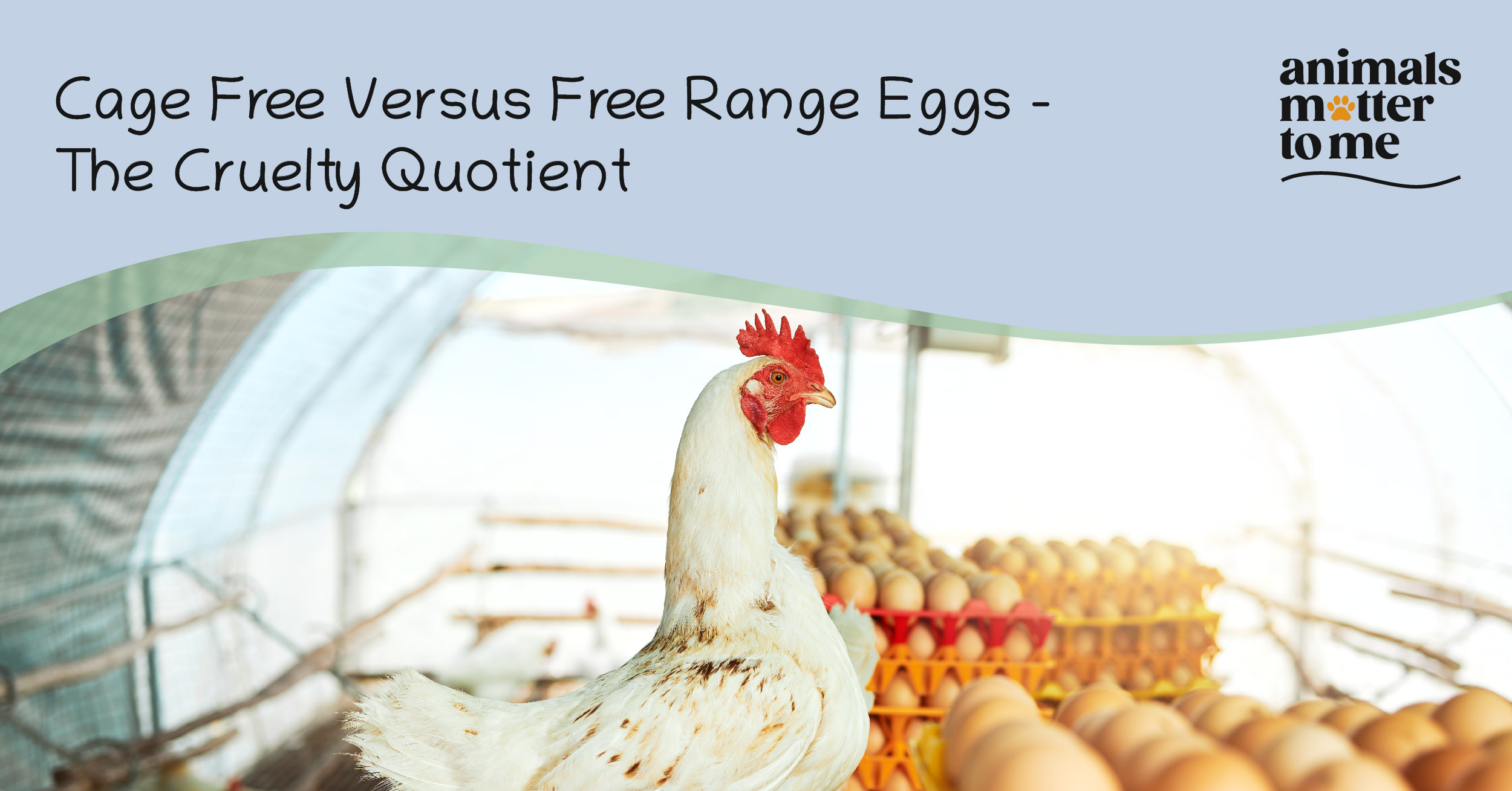Worms are nasty, unpleasant parasites that can cause chronic gastrointestinal issues in both humans and animals. This is why regular deworming is crucial to keep your pet healthy. It also helps keep pups and kittens from falling sick or experiencing any setbacks in their growth.
Deworming is also important to prevent transmission of parasites and parasitic diseases to you, your family members and other pets. Here are some facts you need to know about deworming your pet.
1. How do I know if my pet has worms?
There are many different types of worms that can invade your pet like tapeworms, hookworms, roundworms and more.
These internal parasites can cause a lot of health-related issues including diarrhoea (sometimes bloody); vomiting and lethargy are the general signs the dog or cat has worms. Other symptoms include rapid weight loss, dull coat, excessive scooting, discomfort in their bottom, and more.
2. When should you start deworming your pet?

Puppies and kittens are typically born with parasites passed down from their mother. Therefore, it is ideal to start deworming your puppy or kitten when they are 2 weeks old and continue for every two weeks until they reach the age of three months. Following this, you can start deworming them less frequently based on their health and exposure to contaminated environments. Please make sure to consult your veterinarian about this.
3. How often do you have to deworm your pet?
It’s best to deworm your pet regularly as a preventative measure even if you don’t see any symptoms. Dogs and cats older than six months should be dewormed four times a year, that is, every three months.
4. How do you deworm your pet?
The process of deworming is quite easy. Depending on your pet’s age and condition, a veterinarian may prescribe an oral or injectable dewormer which gets rid of both adult worms and larvae.

Sometimes, they might recommend putting them on a topical or oral treatment to prevent infections from recurring, especially if your pet’s environment contains fleas.
5. Get rid of external parasites
Getting rid of fleas and ticks on your pet is just as important as deworming them as these problems and infestations go hand in hand. Cats and dogs may contract worms when exposed to infected flea/tick eggs. Morefore, these external parasites also cause a lot of health-related issues, some of which can also be fatal.
Therefore, you need to rid your pet of fleas and ticks on a regular basis. This can be done by using anti-tick-and-flea shampoo, prescribed oral medication or more. It’s always best to consult your vet to know the best available treatments.
If you think your pet is experiencing an infestation or any of these issues, consult your local vet immediately.




